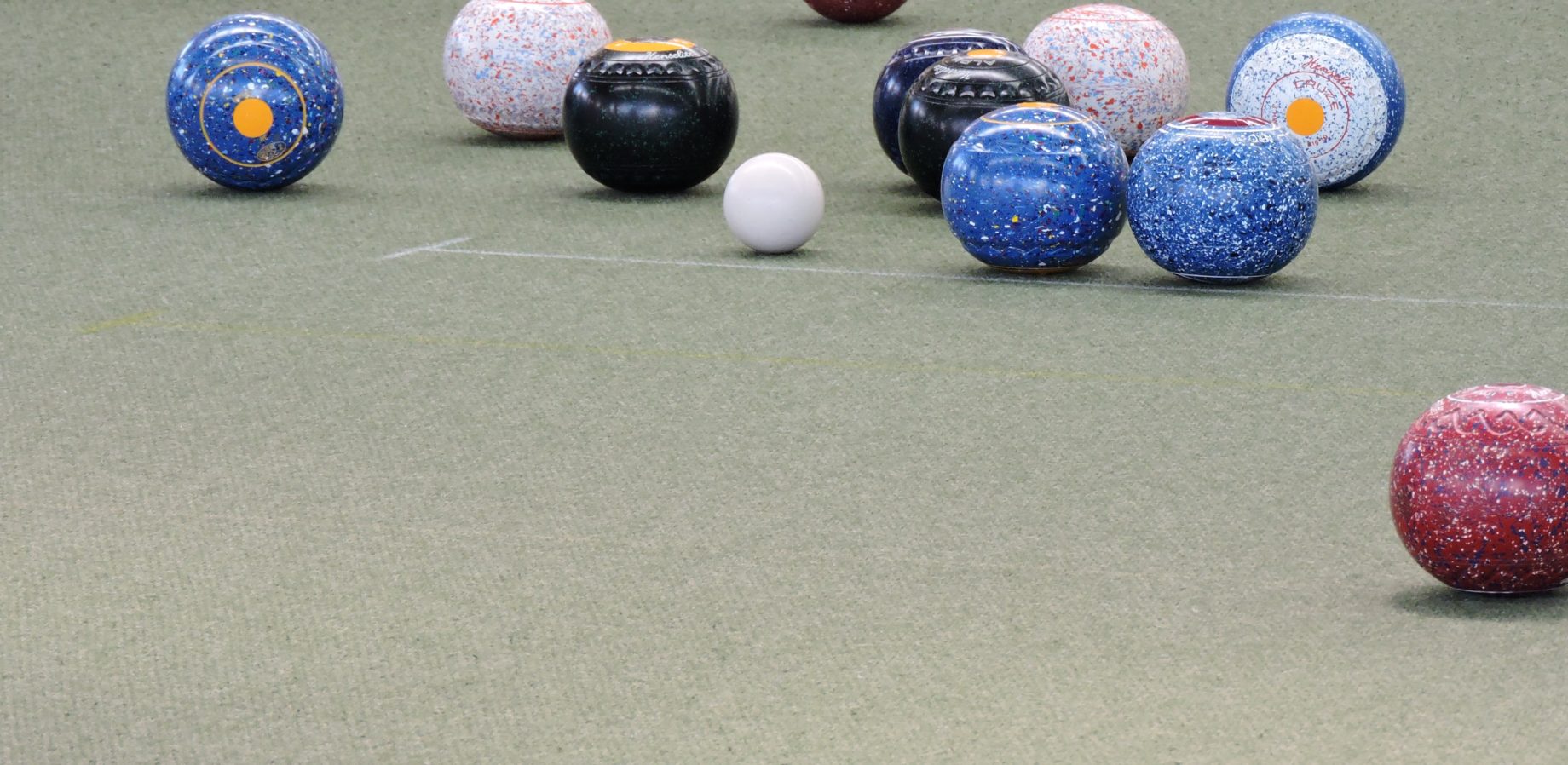Pathways to being a Coach
Coaching with BQ Coaching Committee
By Jacqui Hineman
In this article, we look at the coaching pathways available to coaches and explore the different types of coaching performed at each level. All coaches, no matter what level they coach, have the experience and ability to promote lawn bowls to the wider community.
Introductory Coach
If you believe that school children and young adults are the future of our sport, then an introductory coach might be for you. The introductory coach’s role is to promote the sport to new participants via schools and social events, by providing the basic knowledge required to successfully deliver a bowl. The introductory coach aims to achieve this within five minutes, allowing all participants to have plenty of time to have fun.
The Introductory Course is a good way for new coaches to learn and explore activities that are creative, fun, and exciting. The four-hour course covers the roles and responsibilities required by coaches at this level. An introductory coach does not have the accreditation to teach new and existing club bowlers or teams but being a club coach does, so read ahead to find out more about what a club coach can do.
Club Coach
The club coach could be the best public relation tool for a club. These dedicated coaches are usually the first meaningful contact a new club bowler will have when attending a club for the first time. Therefore, it is vital that all coaches have a thorough understanding of the communication skills required when teaching new bowlers, as well as a deep understanding of the fundamentals of the bowls. It is also a requirement for club coaches to be able to show bowlers how to use a bowling arm. The two-day club coach course addresses these key areas, along with workplace health and safety and how to design, implement and evaluate a coaching session.
Coaches are expected to participate in practical and theory sessions which are conducted both on and off green. Once accredited, coaches are able to teach new club bowlers, experienced bowlers and teams (such as pennant teams).
Both the introductory and club coach courses are conducted by Bowls Australia accredited Presenters and Assessors.
Advanced coach
As an advanced coach, you are accredited to ‘train and assist players at the district level, train juniors at the state level, and become a state assistant and development squad coach’.
This accreditation course is delivered by Bowls Australia and is a comprehensive course that covers many areas of training including psychology, anatomy and biomechanics, nutrition, building teams and anti-doping. In addition, advanced coaches must have completed the Selection and Competition modules. This makes the advanced coach an excellent facilitator for drills and skill sessions for high performance training. Advanced coaches are also in a position to provide valuable information to selectors, as they are knowledgeable in the psychology of team cohesion and placement of players. By selectors and advanced coaches working together, players can experience a holistic approach to training, thereby, promoting a supportive environment for each player. All advanced coaches are accredited and re-accredited through Bowls Australia only. Coaches no matter what level must have a Working with Children Blue Card. Your club secretary can help with this. A volunteer Blue Card is free.
Don’t forget that the BQ Coaching Committee is available to help you with any coaching concerns you may have. As well as conducting introductory and club coach accreditations and reaccreditations, the committee also conducts skills sessions including sessions for armed bowlers, and coach workshops. To find out more about becoming an accredited coach, and available up-coming courses, go to the Bowls Queensland website https://www.bowlsqld.org/coach-umpire/coaches/ or call Cath at BQ (07) 3354 0777 Email: admin@bowlsqld.org
ECKA’S TIP
When practising, players should aim to develop a robust delivery style anda robust mental approach.
Each bowl during practice should be delivered with purpose and with as much emphasis on the delivery action as on the mental action.




